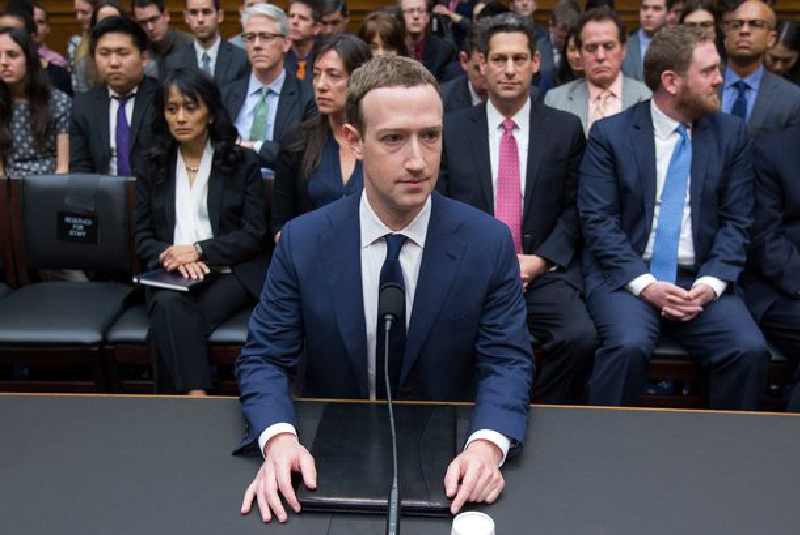×
The Standard e-Paper
Smart Minds Choose Us

Facebook has been accused of striking secret deals with app developers to allow them access to user data and mining user devices to information about third-party app use.
MP Damian Collins who is chairing the DCMS Committee has raised several concerns about the social media company.